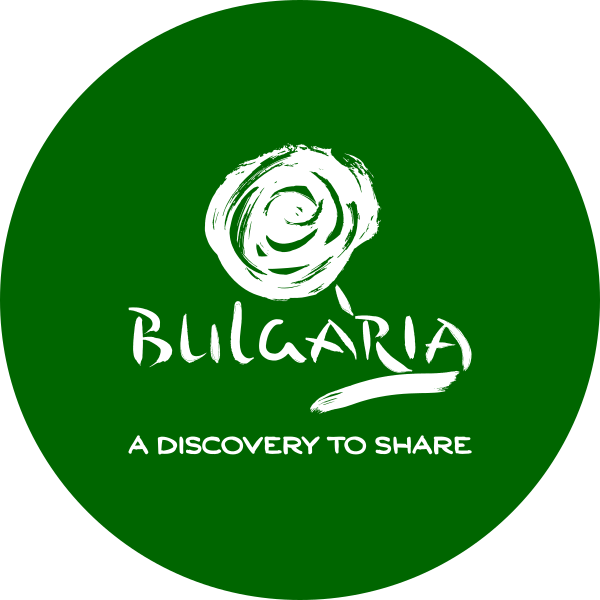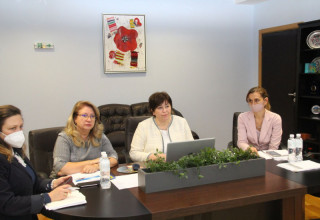Minister Baltova discussed the health protocol with the winter resorts and presented the rules for application of anti-epidemic measures
At an online meeting with representatives of winter ski resorts in Bulgaria, the Minister of Tourism Stela Baltova presented the Rules for implementing anti-epidemic measures in carrying out tourist activities during the winter season 2021/2022 and discussed the drafted Health Protocol for the winter season. Its coordination with the Ministry of Health is forthcoming and it will be finally approved within days.
“The measures for the winter tourist season are in line with the anti-epidemic measures introduced by the orders of the Minister of Health, and the key goal of the protocol is to ensure maximum protection of the health of tourists during the winter,” said Minister Baltova. She presented to the participants the main measures that the accommodation must take, namely the wearing of a mask by employees and visitors, regulation and control of the flow of guests in the hotel, the placement of information boards and others.
“It is necessary to follow the orders of the Minister of Health and the prescriptions of the respective RHI,” explained Minister Baltova.
The protocols clearly set out the rules for gondola lifts, chair lifts and ski lifts. At this stage, the season is expected to begin without the requirement to present a green certificate for access of tourists to ski facilities.
During the meeting the practices in foreign winter tourist destinations were presented and discussed, as well as the procedures in case of coronavirus viral infection in a guest at the accommodation.
For their part, the representatives of our winter resorts thanked Minister Baltova and her team for listening to their ideas and recommendations. They expressed their concerns in the context of the pandemic, shared practices and assured that this year they will take all measures and actions that will benefit the health of tourists and that would allow them to work without restrictions.
During the meeting, the participants were presented with the results of a representative survey of the attitudes of Bulgarians towards the upcoming winter season and their intention to rest. 74% of the adult population of Bulgaria assesses the potential of our winter tourism as good – according to nearly a million and a half Bulgarians the conditions for accommodation, infrastructure and specialized facilities offered in our country are “definitely good”, and according to 2.7 million the assessment is “rather good.” A little over half of the respondents – 54.6%, are of the opinion that the Bulgarian winter resorts are making progress and improvement in the offered conditions for tourism.
In the midst of the fourth COVID wave, 730 thousand adult Bulgarians (12.8%) say they plan at least one tourist trip or vacation in the upcoming winter season 2021/22.
The findings also show that traditionally travel as a “tourist” is more prevalent among residents of the capital and regional cities. The main concerns are related to the financial factor and the COVID-19 virus to a relatively close degree.
Nearly 5 percent of Bulgarians have the inclination to travel abroad, regardless of the pandemic situation in which we are.
Regarding the duration and the allocated budget for winter vacation, for the season 2021/22 the intention is on average for 6 days to use a tourist service of some type with a budget of BGN 1,330 on average. About 260 thousand Bulgarians are looking for vacations within BGN 1,000, and a little over 70 thousand are looking for a budget of over BGN 2,500.
The greatest potential for the tourism sector at the moment is represented by people aged 18-44, who form 80% of the category of actively seeking suitable offers. 37% of them are in the category with 2-3 thousand BGN monthly household income.
In general, when planning their vacation, the Bulgarian is largely guided by his direct impressions – 36% indicate as an important factor in choosing a recommendation from relatives and acquaintances, and 34% rely on direct, personal impressions of a particular place.












